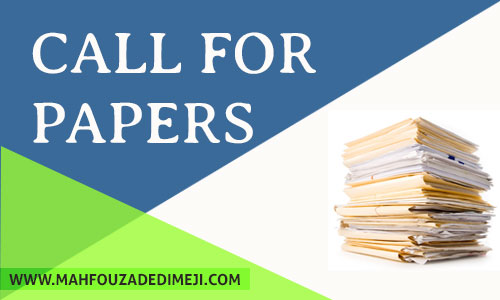Narratives in literature, audiovisual arts, social media and oral testimonies addressing historical events call for a critical reflection on the relationship between fiction and facts. When related to real experiences of political conflicts such as war, terror, ethnic cleansing, and imperialistic violence, narratives are frequently constructed by means of artistic conventions and patterns on the one hand, and by discourses and images associated with documentary genres on the other. The combination of these two kinds of representation demands readings that are sensitive both to their claims of being true, real and trustworthy, and to their fictional and imaginative qualities.
One approach to the topic is trauma theory. In their critical discussion of the trauma concept, Fassin and Rechtman (The Empire of Trauma: An Inquiry into the Condition of Victimhood, 2009) underscore the importance of understanding potentially traumatizing events in the perspective of their political premises and social consequences. They also remind us of the fact that trauma obliterates experiences and therefore operates as a screen between the event and its context on the one hand, and between the subject and the meaning he or she gives it on the other. Interpretation of testimonies (from primary witnesses and in fiction) and literary trauma narratives can hardly avoid addressing this representational complexity.
A second approach concerns combination of text and image. Since public awareness of violence, terror, and war to a considerable extent is informed and shaped by media images, the image as such is a recurring topic in narratives of political conflict. Photographs, TV images, video, and digital media, which often serve to strengthen the air of authenticity in a text, may be included in or described by words in verbal narratives. In addition, imagery of any kind can have narrative expressivity and perform stories. In either case, literature possesses an epistemological quality and contributes to the intellectual debate on the status and significance of the preponderance of images in today’s global communication.
We invite contributors to critically address the fiction-fact dichotomy in narratives of various kinds that deal with twentieth-century European conflicts and political atrocities. Which are the challenges of interpreting narratives that insist on representing historical facts? What are the effects of incorporating documentary elements in fictional expressions, and vice versa? How do narratives of political conflict make use of media imagery, and to what extent do they negotiate their influence and meaning?
Keynote speakers
Alison Landsberg, George Mason University Fairfax, Virginia
Timotheus Vermeulen, University of Oslo, Norway
Abstract
Please send an abstract (max 300 words) and a short biographical statement to Unni Langås (unni.langas@uia.no) and Charles Armstrong (charles.armstrong@uia.no).
Deadline November 15, 2017
Registration fee
Ordinary participants: 120 €
Students: 80 €
Organisers
Charles Armstrong, Professor of British Literature, University of Agder
Eneken Laanes, Associate Professor of Comparative Literature, Tallinn University
Unni Langås, Professor of Nordic Literature, University of Agder
Hanna Meretoja, Professor of Comparative Literature, University of Turku
The symposium is being held in collaboration with the University of Agder.
The symposium is organised by Narrative and Memory: Ethics, Aesthetics, Politics (https://narrativeandmemory.com), a three-year international research initiative funded by the Nordic Summer University with the aim of investigating how different storytelling practices of literature, audiovisual arts, social media and oral testimonies address the legacies of twentieth-century European conflicts and how they travel across national borders. It is an interdisciplinary network that brings together scholars of narrative and memory from the Nordic and Baltic countries, Great Britain, around the world. The research circle aims to contribute to public debate on issues of memory, war, displacement and the future of Europe in the current political context of the refugee crisis.
The Nordic Summer University (NSU, http://www.nordic.university) is a Nordic network for research and interdisciplinary studies. NSU is a nomadic, academic institution, which organises workshop‐seminars across disciplinary and national borders. Since it was established in 1950, Nordic Summer University has organised forums for cultural and intellectual debate in the Nordic and Baltic region, involving students, academics, politicians, artists and intellectuals from this region and beyond. The backbone of the activities in NSU consists of its thematic study circles (http://nordic.university/study-circles/), in which researchers, students and professionals from different backgrounds collaborate in scholarly investigations distributed regularly in summer and winter symposia during a three‐year period.





Leave a Reply